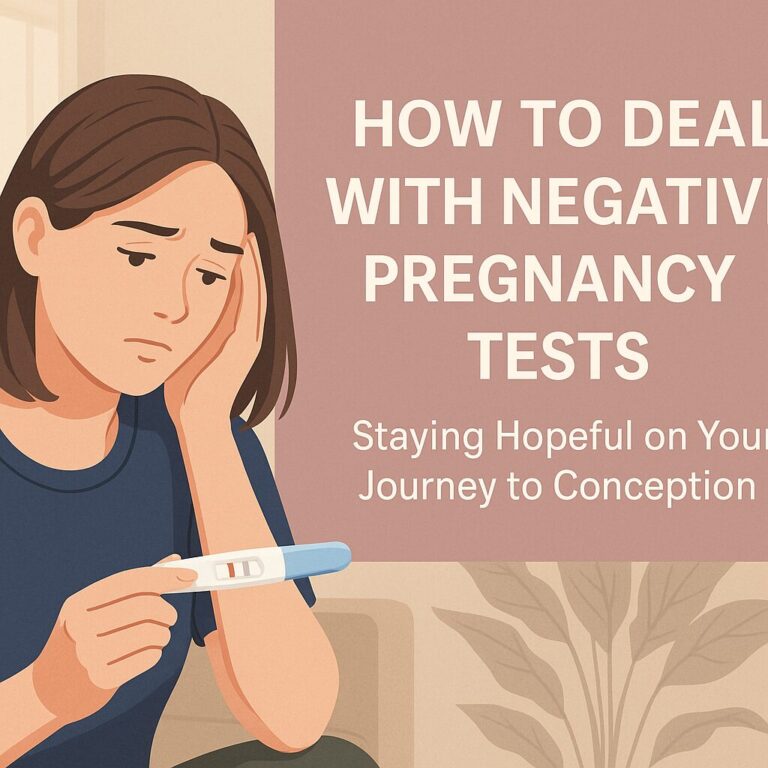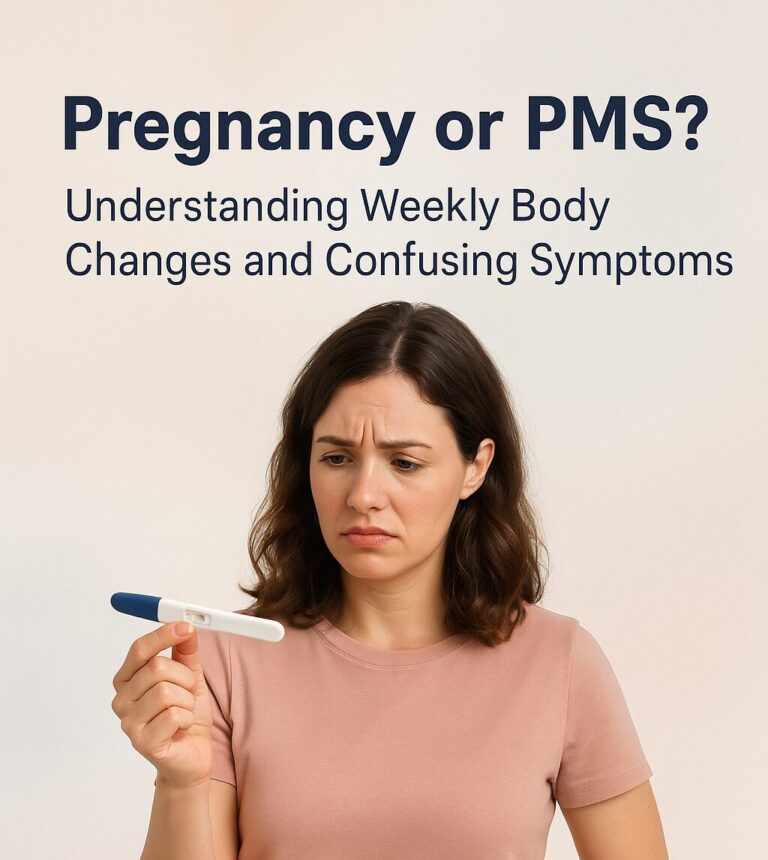The Role of Thyroid in Your Reproductive Journey
When a couple is trying to conceive, thyroid function may not be the first thing that comes to mind. However, your thyroid—a small gland at the base of your neck—has a big impact on your ability to get pregnant. Its main job is to produce hormones that regulate your metabolism, but these hormones are also crucial for reproductive health.
Whether it’s an underactive thyroid (hypothyroidism) or an overactive one (hyperthyroidism), imbalances can disrupt ovulation, menstrual cycles, and embryo implantation.
Let’s dive deep into how this often-overlooked gland can affect fertility, and what women and couples should know.
1. Understanding the Thyroid Gland
The thyroid gland produces two primary hormones:
- T3 (Triiodothyronine)
- T4 (Thyroxine)
These hormones are responsible for regulating the body’s metabolism, energy levels, and—importantly—reproductive function. When the gland is not functioning properly, either producing too little or too much hormone, the body’s balance is disrupted, which can impact menstrual cycles, ovulation, and even the uterine environment.
2. How Thyroid Disorders Impact Fertility
Hypothyroidism and Fertility
Hypothyroidism occurs when the thyroid does not produce enough hormones. This condition is more common in women and can often go undiagnosed for years.
How it affects fertility:
- Disrupts ovulation or causes irregular cycles.
- Increases prolactin levels, which can suppress ovulation.
- Alters the luteal phase of the menstrual cycle, making implantation harder.
- Raises the risk of miscarriage or infertility if untreated.
Doctor Insight:
Dr. Aarthi Ramaswamy, Fertility Specialist at Apollo Fertility, Chennai, notes:
“Untreated hypothyroidism can have a silent yet profound impact on fertility. It’s one of the first things we test for in women with unexplained infertility.”
Hyperthyroidism and Fertility
In this condition, the thyroid produces too much hormone, speeding up the body’s metabolism.
Effects on fertility:
- Can lead to irregular or absent periods (amenorrhea).
- May cause premature ovarian failure.
- Can result in difficulty sustaining a pregnancy due to hormonal imbalance.
3. Thyroid Testing Before Conception
If you’re trying to conceive or planning to in the near future, a simple blood test to check thyroid levels is a proactive step. The key tests include:
- TSH (Thyroid Stimulating Hormone) – Most sensitive marker.
- Free T3 & Free T4 – To assess circulating thyroid hormones.
- Anti-TPO Antibodies – To detect autoimmune thyroid disease.
Optimal TSH Level for Conception:
Between 1.0 to 2.5 mIU/L for women trying to conceive or undergoing IVF.
4. Can Thyroid Delay Pregnancy? Yes—But It’s Manageable
The short answer is: Yes, thyroid disorders can delay pregnancy—but only if left undiagnosed or untreated.
In women with hypothyroidism, ovulation can become irregular or stop altogether, reducing the chances of natural conception.
In hyperthyroidism, hormonal imbalance may interfere with the uterus’s ability to support implantation or a developing fetus.
The good news? With proper diagnosis and management, fertility can be restored in most women with thyroid disorders.
5. Managing Thyroid Disorders for Fertility
Treatment for Hypothyroidism:
- Daily levothyroxine (T4) supplementation.
- Regular monitoring of TSH levels.
- Diet rich in iodine, selenium, and zinc (under a doctor’s supervision).
Treatment for Hyperthyroidism:
- Antithyroid medications (like methimazole).
- Radioactive iodine (for non-pregnant women).
- Surgery in some rare cases.
Real-Life Example:
Priya, a 30-year-old from Bengaluru, tried to conceive for over a year. Her tests revealed mild hypothyroidism. After starting levothyroxine and stabilizing her TSH levels, she successfully conceived within six months.
6. Pregnancy and Thyroid: What to Watch For
Once pregnant, thyroid levels need close monitoring. A poorly managed thyroid can lead to:
- Miscarriage
- Low birth weight
- Preeclampsia
- Preterm birth
- Impaired brain development in the baby
Pro Tip: Schedule thyroid checks every trimester if you’ve been diagnosed with a thyroid condition.
7. Empowering Yourself with the Right Information
Many women suffer from fatigue, irregular periods, or unexplained weight gain and don’t realize it’s related to thyroid function. Addressing these early on not only improves fertility outcomes but also contributes to overall well-being.
Don’t ignore subtle signs, and don’t self-medicate. A thyroid-friendly fertility plan, guided by a gynecologist or endocrinologist, is always the best approach.
Conclusion: There Is Hope
Thyroid disorders might delay pregnancy, but they don’t have to stop it. With today’s diagnostic tools, medical treatments, and nutritional guidance, managing thyroid function has become easier and more effective.
If you’re trying to conceive and suspect thyroid might be a roadblock, consult your doctor. With timely treatment and a positive outlook, pregnancy is not just possible—it’s likely.
Let your journey to motherhood begin with a checkup—and a lot of hope.








